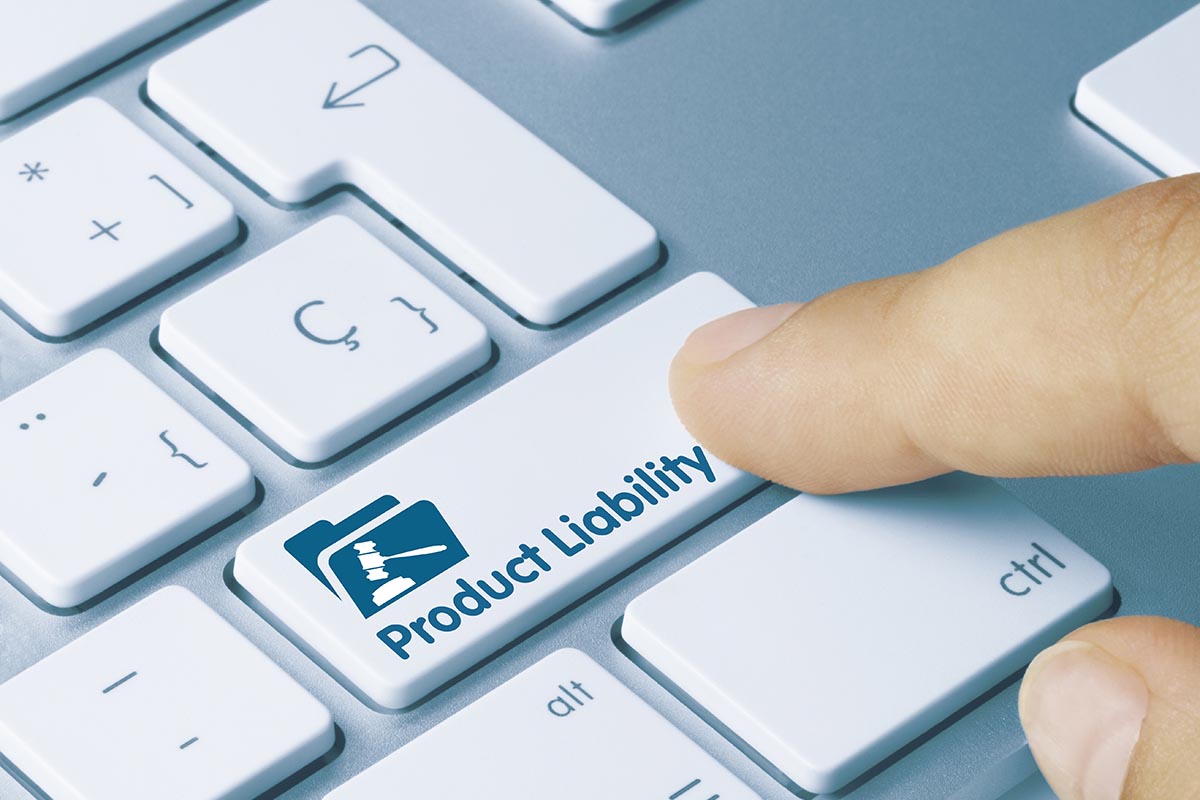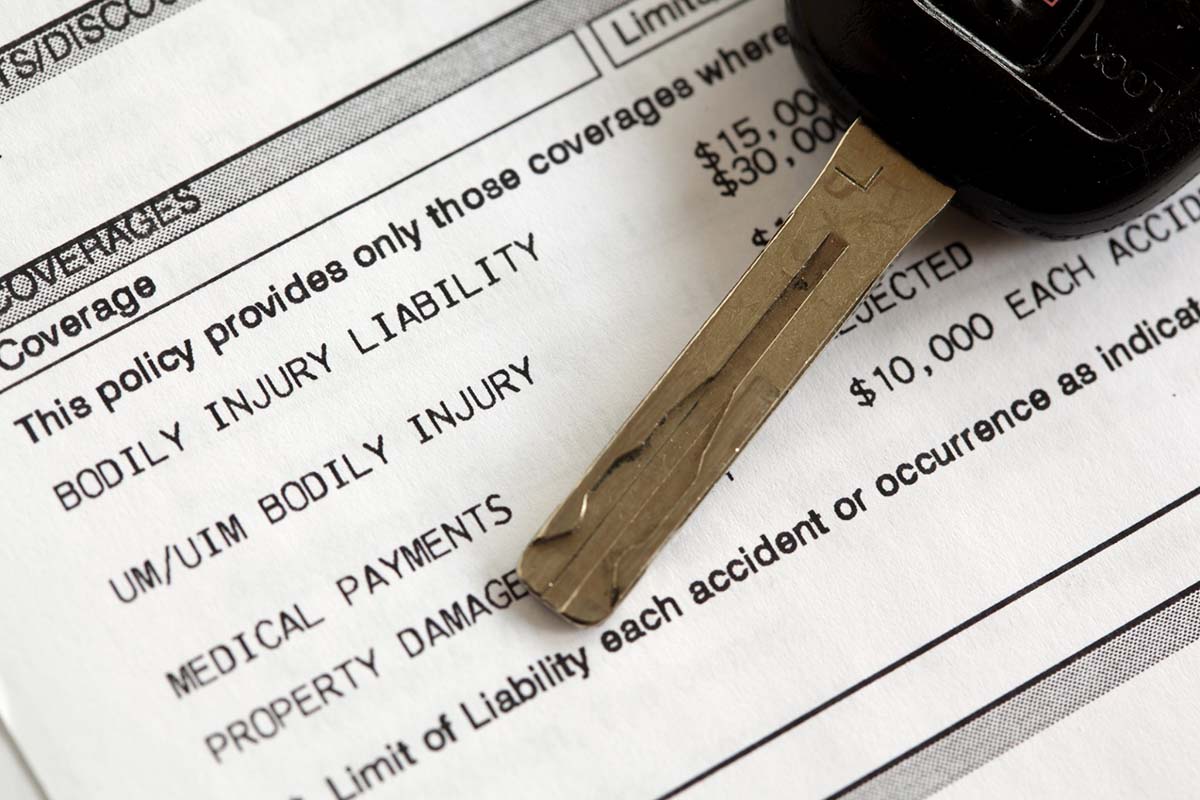Essential Insurance Policies for Small Businesses
Regardless of the industry or niche a company operates in, every business is going to be exposed to certain kinds of risks, which is why securing adequate insurance coverage is such an important preliminary step for entrepreneurs to take. Small businesses and startups are especially vulnerable to risk because a single mishap or lawsuit could result in significant financial damage and/or the total dissolution of a burgeoning brand.
Unfortunately, there is no one-size-fits-all type of business insurance that will provide coverage for every possible liability, even though many uninformed company owners assume that’s the case with general liability insurance.
Therefore, it’s important to have multiple kinds of insurance policies to eliminate the possibility of facing unnecessary recovery costs or legal expenses after an unexpected issue. With that said, here are seven kinds of essential cheap business insurance that all small business owners should consider when determining which policies are necessary for their company:
Insurance Policies for Small Businesses – Professional Liability
Professional liability insurance ensures that your business is protected from claims and legal action that results from company mistakes or an inability to perform as agreed. This kind of policy is also referred to as errors and omissions insurance, which is a more detailed way to describe the purpose of the coverage – to protect against the consequences of errors and omissions made by employees.
There are many different types of professional liability plans, and in most cases, the policy will be customized to suit the specific needs of the company. Since the coverage and costs vary so greatly depending on the provider and plan chosen, it’s important to conduct a thorough comparison using popular business insurance databases like Compare My Insurance. This type of database hosts a range of prices from top providers which is exactly what you want.
Insurance Policies for Small Businesses: Workers’ Compensation
Any organization that has one or more employees should be equipped with sufficient workers’ compensation coverage. Typically, this kind of coverage will be included in an overall insurance plan package, although it can also be purchased separately. This kind of insurance is designed to cover any expenses that an employee might incur after being injured on the job, including medical bills and disability payments.
Workers’ compensation insurance also covers costs associated with funerals and other death benefits in the event that an employee dies while working for the company. While it’s never fun to think about such morbid and negative possibilities, it’s imperative that you’re prepared for even the rarest mishaps, in order to protect the business under any circumstances.
Vehicle Insurance
If you’re going to be using company vehicles, then it should go without saying that you’ll need to ensure those vehicles to protect the company from liability in the event of an accident. If you’re letting employees use their own personal vehicles for business purposes, then they should be covered under their own insurance, but it’s wise to verify that all employees are current on their policies before hiring.
However, if the employees are using their own vehicles to deliver goods or services (i.e. – delivery drivers), then you’d want to have a comprehensive company vehicle insurance policy in addition to their personal policies to fill any coverage gaps.
Business Interruption Insurance
Business interruption (BI) insurance protects a company from income losses due to downtime caused by disasters and catastrophes. For example, if a place of business has to be closed down for repairs after a major hurricane, BI insurance would provide compensation for the company’s inability to make sales, manufactured goods, or conduct other routine activities during the closure.
Of course, BI insurance is primarily intended for companies that have a physical shop or location, but some online businesses that operate proprietary warehouses may also find it necessary. In the event of a claim, the insurance provider will review the company’s recent income to determine how much compensation should be provided.
Product Liability
Although it’s always best to take every possible precaution to ensure that your products are safe before releasing them for sale to the public, even the safest products sometimes experience malfunctions or mishaps that could become liability concerns.
Product liability insurance ensures that your company won’t fall victim to lawsuits related to an injured customer or damaged property caused by your products. These policies can be customized to provide protection for different kinds of products, so it’s best to consult with an insurance agent to determine the best fit.
Property Insurance
Of course, protecting the property from damage or loss is another major concern, which is why every business should have a property insurance policy to cover inventory, equipment, signage, furniture, fixtures, and other company property.
It’s important to note that most property insurance plans will not provide coverage for losses caused by natural disasters like floods and earthquakes, so separate policies may be needed to protect against those possibilities.
Homeowner’s Insurance
Finally, if you’re operating primarily from a home office then it’s important to note that a standard homeowner’s insurance policy may not cover your company’s inventory and equipment. Thus, it may be necessary to speak to your insurance provider about separate policies or additional coverage clauses that are designed specifically for home-based businesses.
In general, most homeowner’s policies won’t provide coverage for property that is being used for business purposes, so it’s important to keep that in mind when comparing policies for any home-based endeavor.
The Consequences of Inadequate Insurance Coverage
Ultimately, not having the right kinds of insurance can put your business at risk in a number of ways. Luckily, after considering all of the above policy types, you should be on the right path to protecting the business from any significant liabilities that could potentially threaten the company’s reputation, financial status, or continuity.
Small businesses that own or operate from commercial properties should consider the value of building and landlord insurance. These insurance policies provide essential coverage, safeguarding your physical assets and financial investments, and ensuring your business can recover from property-related risks and disruptions.




















